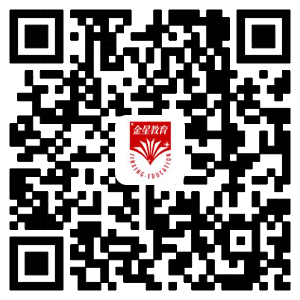(1) 表示能力,意思为“能,会”。如:
I can sing this song in English. 我能用英语唱这首歌。
Can you tell me where the museum is? 你能告诉我博物馆在哪吗?
(2) 表示许可,意思是“可以”。如:
You can use my pen instead 你可以用我的笔。
Can I come in? 我可以进来吗?
(3) 表示推测,意为“可能,会”,主要用于否定句和疑问句中。如:
Can he be there too? 他也会在那儿吗?
He can’t have finished his work. 它不可能把工作做完了。
【说明】有时也用于肯定句中表示“有时”,或表示理论上的可能性。如:
She can be very unpleasant. 她有时很令人讨厌。
Even experienced teachers can make mistakes. 即使是有经验的教师也可能出错。
(4) 表示惊讶,通常用于疑问句、否定句和惊叹句中。如:
Can this be your reason? 这难道就是你的理由?
How can you say it like that? 你怎么能那样说话呢?
注意:从理论上说,could是can的过去式,但在某些场合中,could可用来代替can,表示现在的情况,只是语气较can委婉
此时,若用could来提问题,回答时,应该用can,而不用 could。如:
Could you answer me a question? 请回答我一个问题好吗?
Yes, I can. / No, I can’t. 好。/ 不行。
